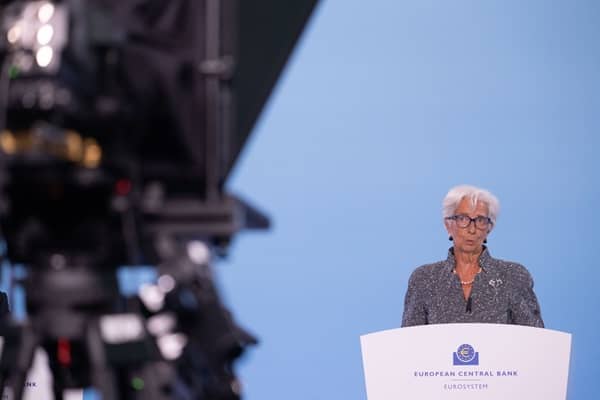The euro was broadly stable on Monday, as investors assessed fresh German data and prepared for a crucial week.
Germany’s trade surplus narrowed slightly in July to EUR 14.7 billion, undershooting expectations as exports to the US slumped to their lowest since 2021.
Yet industrial production surprised to the upside, rising 1.3% on the month, driven by strength in machinery, autos, and pharmaceuticals, suggesting resilience in Europe’s largest economy.
The focus this week is on the European Central Bank’s policy meeting, where rates are widely expected to remain unchanged. A stable monetary policy and a weak dollar could support the euro.
However, French politics presented a challenge and could weigh on the single currency. Prime Minister François Bayrou faces a near-certain defeat in Monday’s confidence vote, threatening a government collapse. The turmoil risks widening French bond spreads and complicating debt management at a time when public debt already stands at 113.9% of GDP. Investors are wary that heightened political instability in the bloc’s second-largest economy could undermine broader confidence in the euro.
Get real time update about this post category directly on your device, subscribe now.
